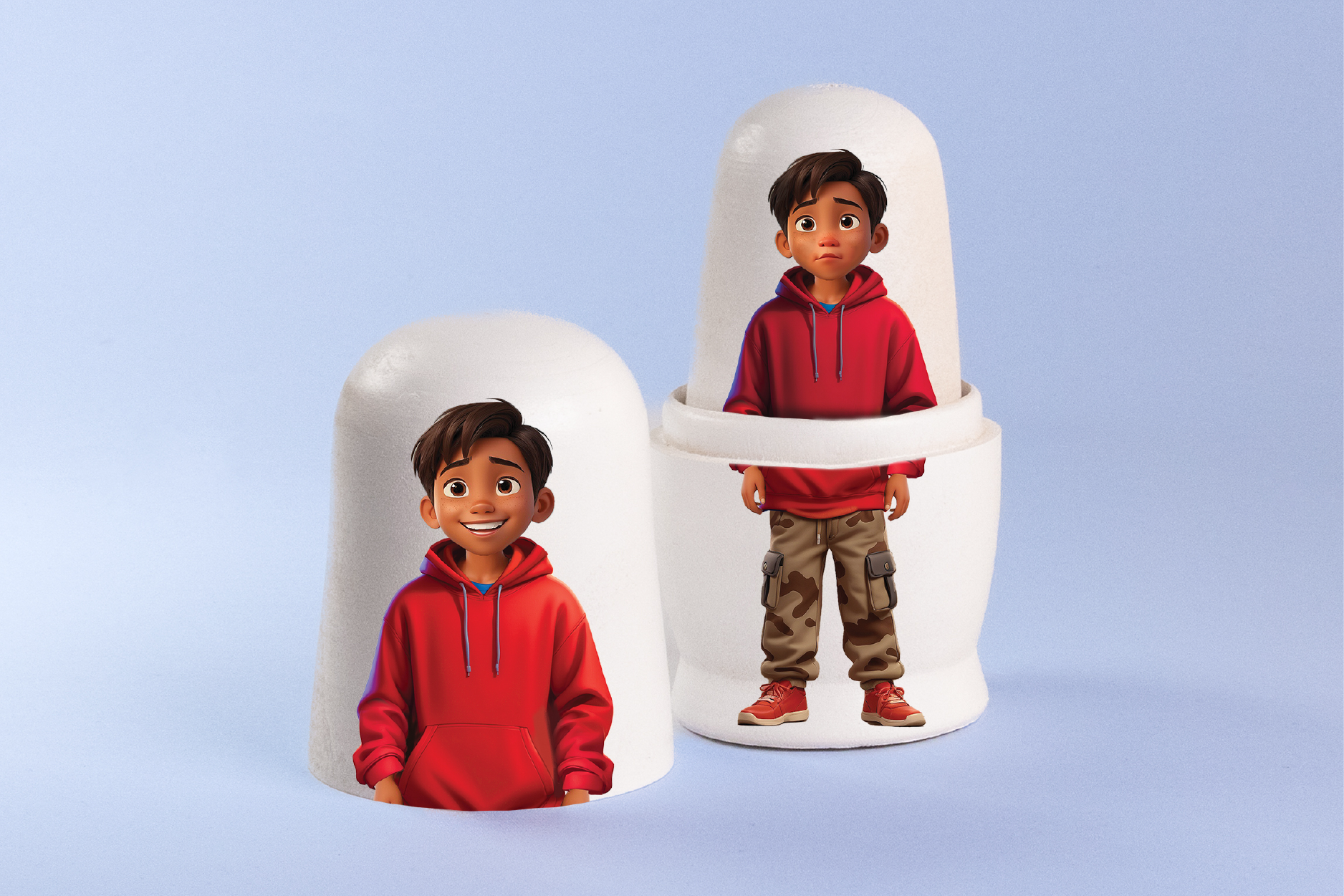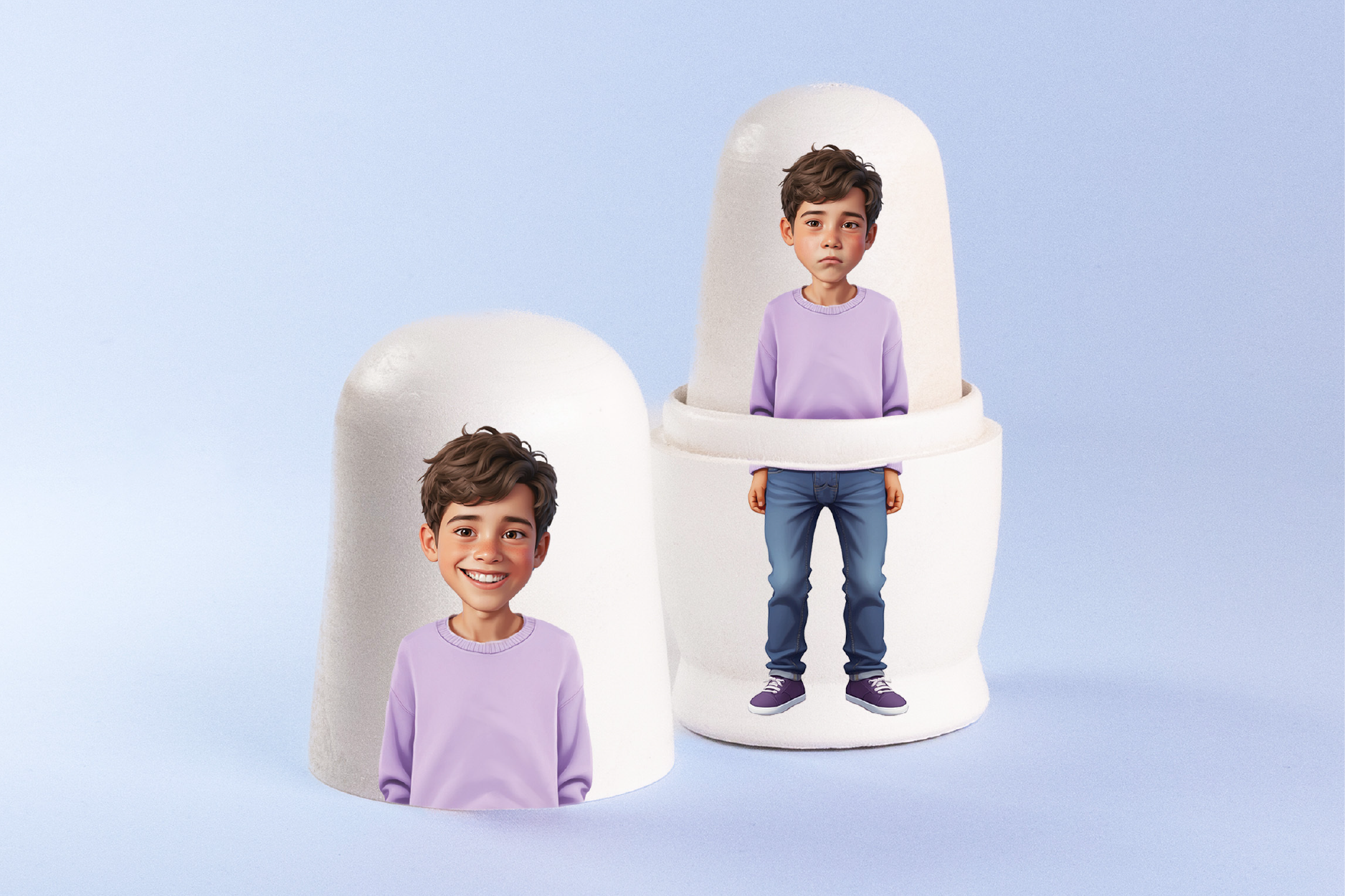
Loneliness affects people in different ways, including children.
Sometimes they might seem sad or withdrawn and other times it may be more difficult to spot. Especially as children may find it hard to talk about their feelings, particularly if they feel like they don’t fit in or if they’re going through changes like moving to a new school.
Therefore, it’s important to encourage children to open up and communicate with you or someone else they trust. You can also help your child find social activities or groups where they feel included to help them feel better and feel better and combat feelings of loneliness.
Your child may feel lonely if they are dealing with:
- Changes in their life, like moving to a new school or house. Even if it seems exciting for everyone else, it can be tough for a child.
-
Loss - losing someone close to them, whether it's a family member, pet, or friend.
-
Divorce - when parents or carers split up, kids might feel left out or unwanted, leading to loneliness.
-
Bullying - being bullied or left out can really hurt, making a child feel lonely.
-
Abuse - if a child has been hurt in the past, either physically or emotionally, it can make them feel lonely.
-
Children from families with very low or very high incomes are more likely to feel lonely compared to those in the middle.
-
Unfulfilling relationships - if there's a lot of arguing at home or if a child doesn't feel close to their parents or carers, they're more likely to feel lonely.







